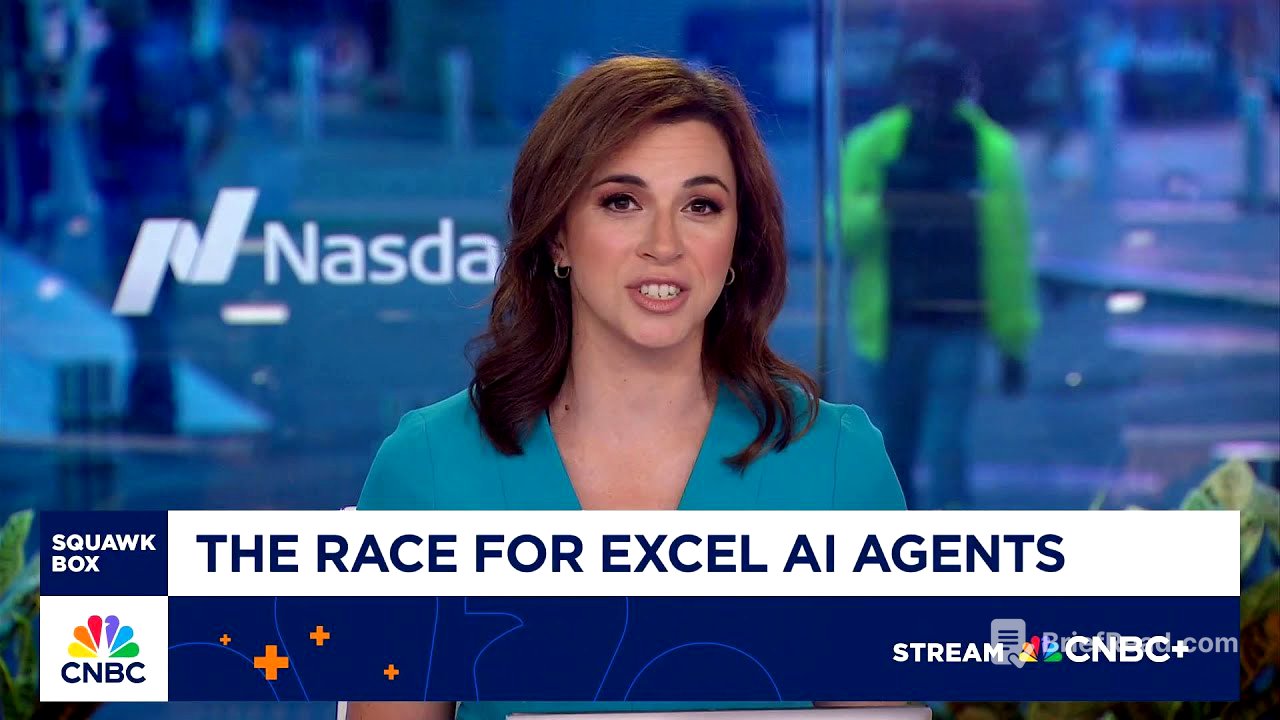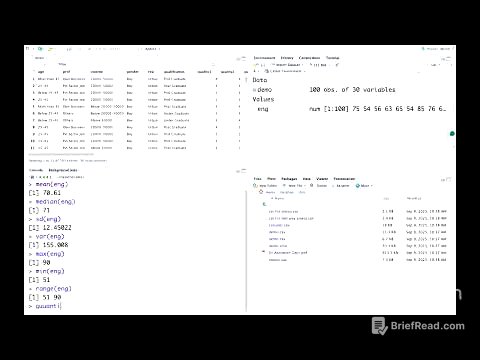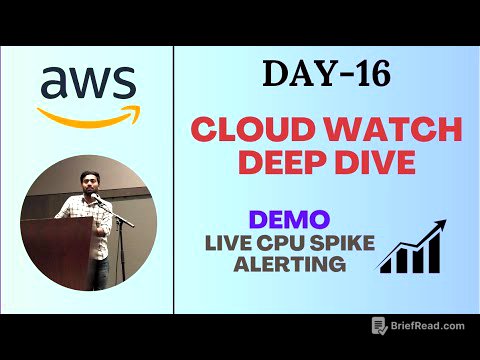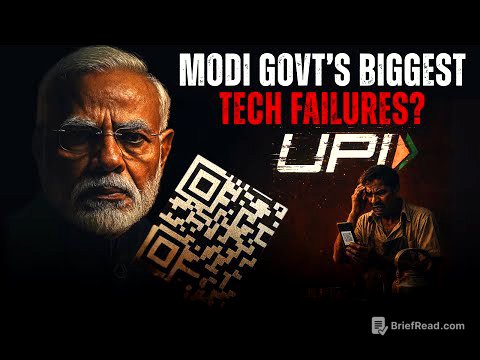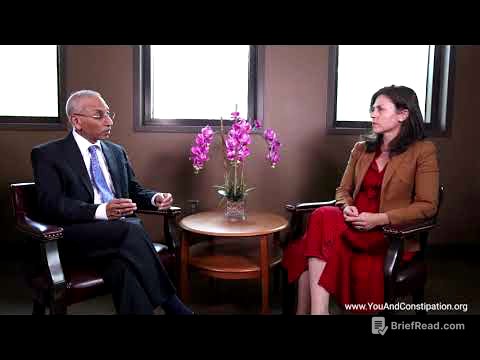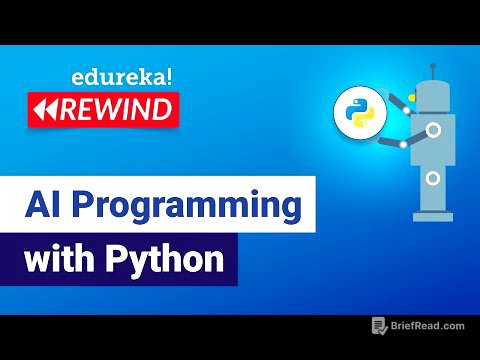TLDR;
The discussion revolves around how AI is rapidly changing the landscape of spreadsheet work, traditionally a key skill in finance and consulting. AI tools are automating tasks like building financial models, potentially displacing entry-level jobs. While AI promises efficiency and better ROI, concerns are raised about the convergence of market views and the importance of human agency and critical thinking. The speakers debate whether relying less on AI might actually lead to greater intellectual development and better decision-making in the long run.
- AI is automating spreadsheet tasks, impacting entry-level jobs.
- There are concerns about the convergence of market views due to AI.
- Human agency and critical thinking remain crucial.
- Less reliance on AI might foster greater intellectual development.
AI Taking Over Excel [0:00]
For almost 40 years, being good at spreadsheets has been important for many entry-level jobs, like in investment banking and consulting. But this might change because of AI. New AI products are coming out that can do what Excel and Google Sheets do. One example is Shortcut.ai, which went viral because its AI can build a discounted cash flow model really fast. The CEO, Nico Christie, says that many companies are already using Shortcut.ai.
ROI and the AI Battlefield [1:37]
Christie mentions that the return on investment (ROI) has started a race to create the best AI for Excel. Shortcut's parent company has received over $40 million in funding. Other companies like Endex (backed by OpenAI), Paradigm (backed by General Catalyst), and even Google and Microsoft are adding AI features to their spreadsheets. While these AI tools aren't perfect yet and need human checking, especially for legal and compliance reasons, they're getting better every day. This could really change how Wall Street hires people and how efficient companies are.
Job Displacement and the Bigger Question [2:25]
The speaker raises a concern about whether AI will replace entry-level workers in industries like investment banking, consulting, private equity, and accounting. There are two billion Excel users who use it daily for their jobs. The bigger question is whether AI will cause everyone to have the same views on the market. If AI builds the financial models, will everyone just base their forecasts on the same thing?
The Importance of Human Input [3:39]
It's pointed out that even with AI, people will still have to make decisions and choose between different possibilities. The prompts you give the AI matter a lot. You need to tell it what to look for and what assumptions to make. AI isn't a mind reader; you have to instruct it to do what you want. If you don't have a view, the AI will come up with its own.
Agency and the Counter Trade [5:06]
The speaker believes that people who take more control and rely less on AI will do better in the next five years. AI might speed up the process of everyone agreeing on the same thing. It's also important for kids to develop their intelligence by reading and thinking for themselves, rather than just relying on AI. Embracing AI less might actually help people grow their intelligence more.
